Oracle teams with Oxford University for rapid detection of COVID-19 variants
GPAS to help medical communities identify and mitigate risks from new COVID-19 mutations
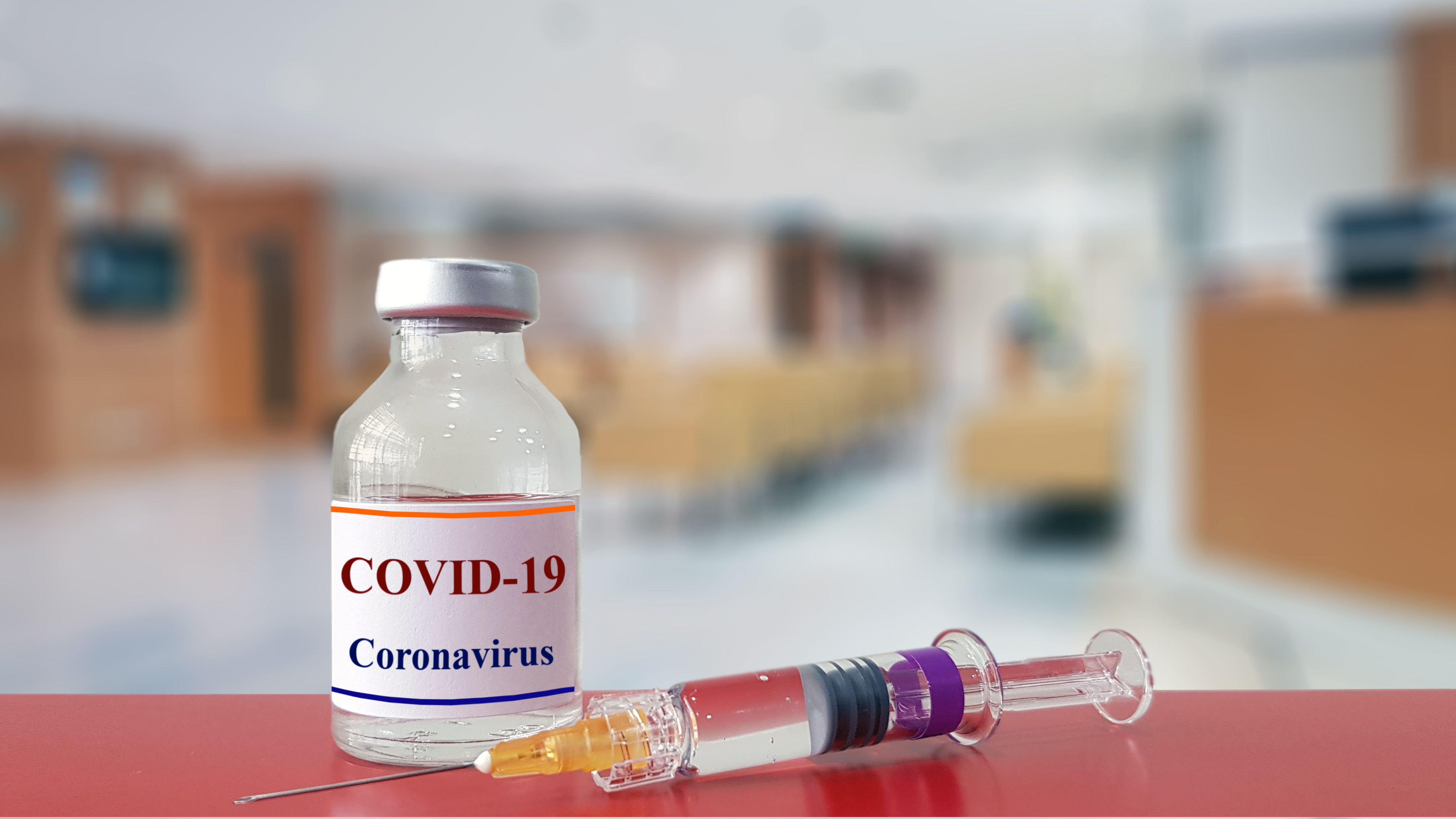
Oracle and the University of Oxford have developed a global pathogen analysis system (GPAS) to help governments and medical communities cope with new COVID-19 strains.
Powered by Oxford's scalable pathogen pipeline platform (SP3), Oracle APEX, and Oracle cloud infrastructure (OCI), GPAS allows standardized genome data analysis and comparison for the SARS-CoV-2 virus.
Early adopters of the system include the University of Montreal Hospital Centre Research Centre, the Institute of Public Health Research of Chile, Oxford Nanopore Technologies, and more.
GPAS, which is available as a free resource, has also been integrated into Public Health England's New Variant Assessment Platform.
Researchers and governments are reportedly using the system to stream pathogen data in an effort to track new COVID-19 variants. With users’ consent, test results can be made accessible to participating labs worldwide.
The cloud-based system can also integrate with existing sequencing infrastructures and data repositories to enable seamless tracking of pathogens. GPAS also features built-in computational infrastructure, relieving labs of building and operating their own.
According to reports, the upcoming version of GPAS will include enhanced scalability and data-sharing functionalities.
Get the ITPro daily newsletter
Sign up today and you will receive a free copy of our Future Focus 2025 report - the leading guidance on AI, cybersecurity and other IT challenges as per 700+ senior executives
RELATED RESOURCE
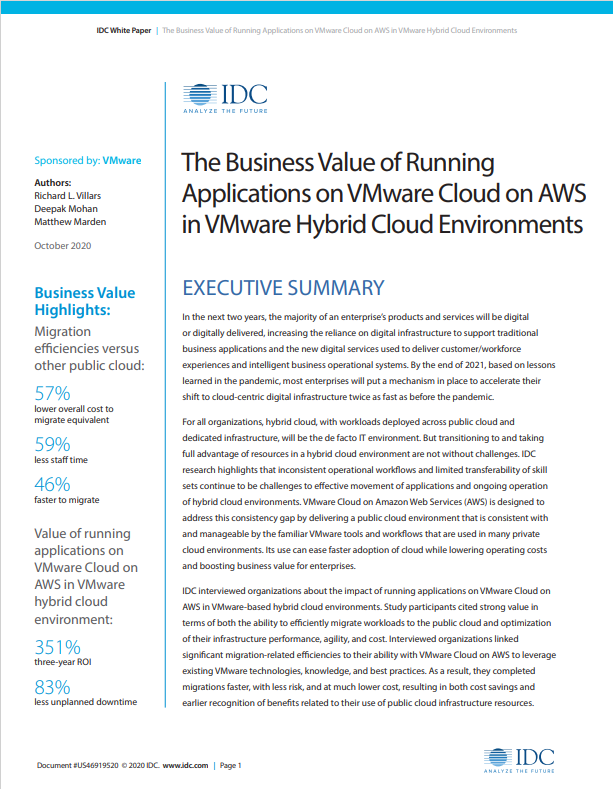
The business value of running applications on VMware Cloud on AWS in VMware Hybrid Cloud Environments
An IDC study on the benefits of VMware Cloud
"GPAS is the first industry standards-based service anywhere in the world, offering a standardized sequence data analysis service for users on the cloud," said Derrick Crook, professor of microbiology at the University of Oxford's Nuffield Department of Medicine.
Crook added, "Users will be able to access, upload and process their sequence data fully under their sovereign control and receive back fully analyzed data in as little as 20 minutes of successful upload. If they select to share data, they will contribute to electronic dashboard visualizations of global data revealing the daily changes in the way the pandemic is progressing and how the virus is changing. This will enable continuous assessment of the pandemic and help guide national and global interventions to curb the impact of the virus."
-
 Bigger salaries, more burnout: Is the CISO role in crisis?
Bigger salaries, more burnout: Is the CISO role in crisis?In-depth CISOs are more stressed than ever before – but why is this and what can be done?
By Kate O'Flaherty Published
-
 Cheap cyber crime kits can be bought on the dark web for less than $25
Cheap cyber crime kits can be bought on the dark web for less than $25News Research from NordVPN shows phishing kits are now widely available on the dark web and via messaging apps like Telegram, and are often selling for less than $25.
By Emma Woollacott Published
-
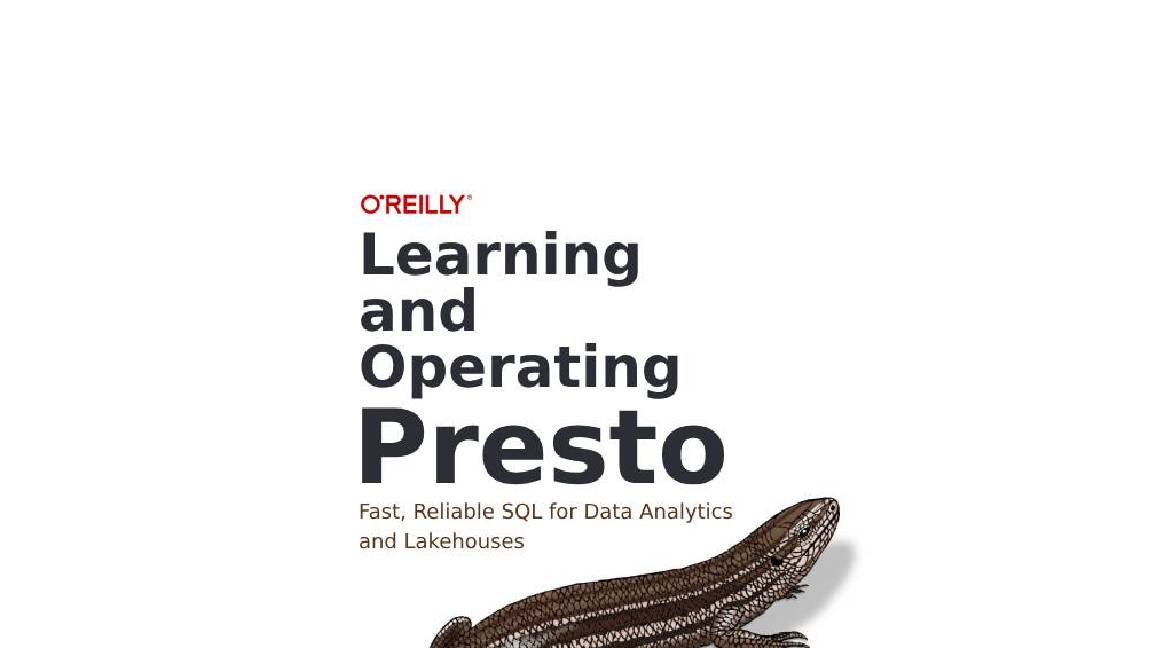 Learning and operating Presto
Learning and operating Prestowhitepaper Meet your team’s warehouse and lakehouse infrastructure needs
By ITPro Published
-
 Four ways AI is helping knowledge workers excel
Four ways AI is helping knowledge workers excelCase Study From medical diagnostics to mining and exploration, many industries are using AI to make their workers more effective
By Sandra Vogel Published
-
 AI inferencing with AMD EPYC™ processors
AI inferencing with AMD EPYC™ processorswhitepaper Providing an excellent platform for CPU-based AI inferencing
By ITPro Published
-
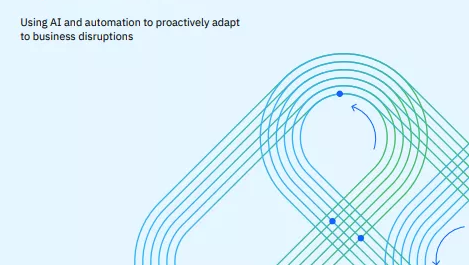 How to help IT manage itself with autonomous operations
How to help IT manage itself with autonomous operationsWhitepaper Using AI and automation to proactively adapt to business disruptions
By ITPro Published
-
 Green Quadrant: Enterprise carbon management software 2022
Green Quadrant: Enterprise carbon management software 2022Whitepaper Detailing the 15 most prominent carbon management software vendors to see if they fit your requirements
By ITPro Published
-
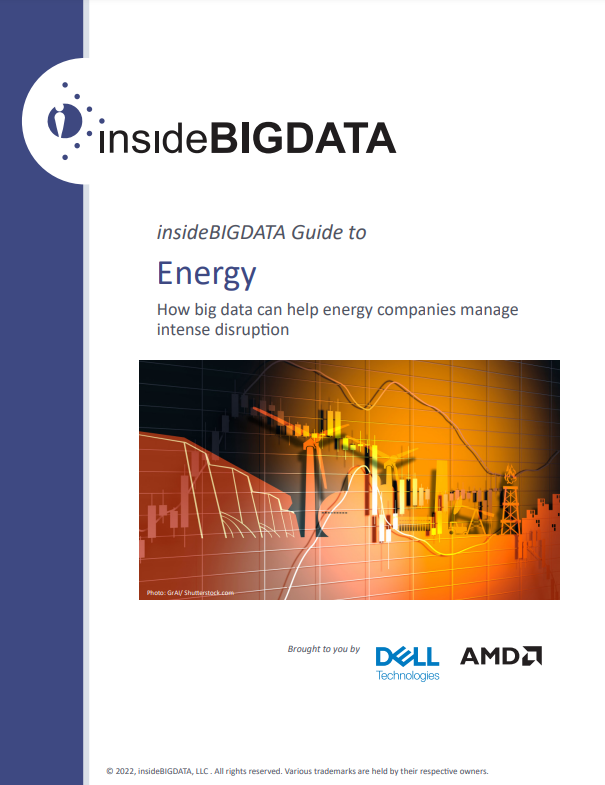 insideBIGData: Guide to energy
insideBIGData: Guide to energyWhitepaper How big data can help energy companies manage intense disruption
By ITPro Published
-
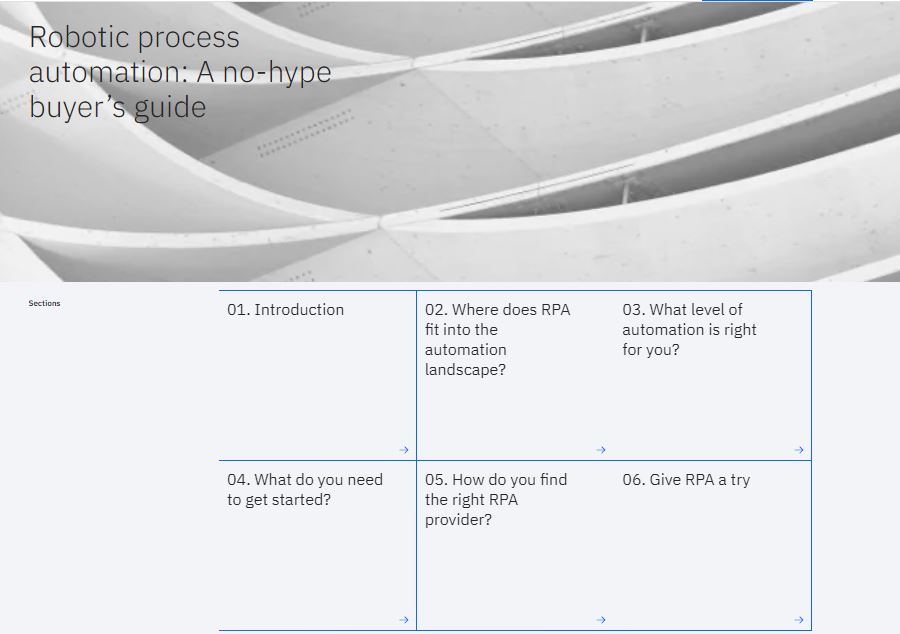 Robotic process automation
Robotic process automationWhitepaper A no-hype buyer's guide
By ITPro Published
-
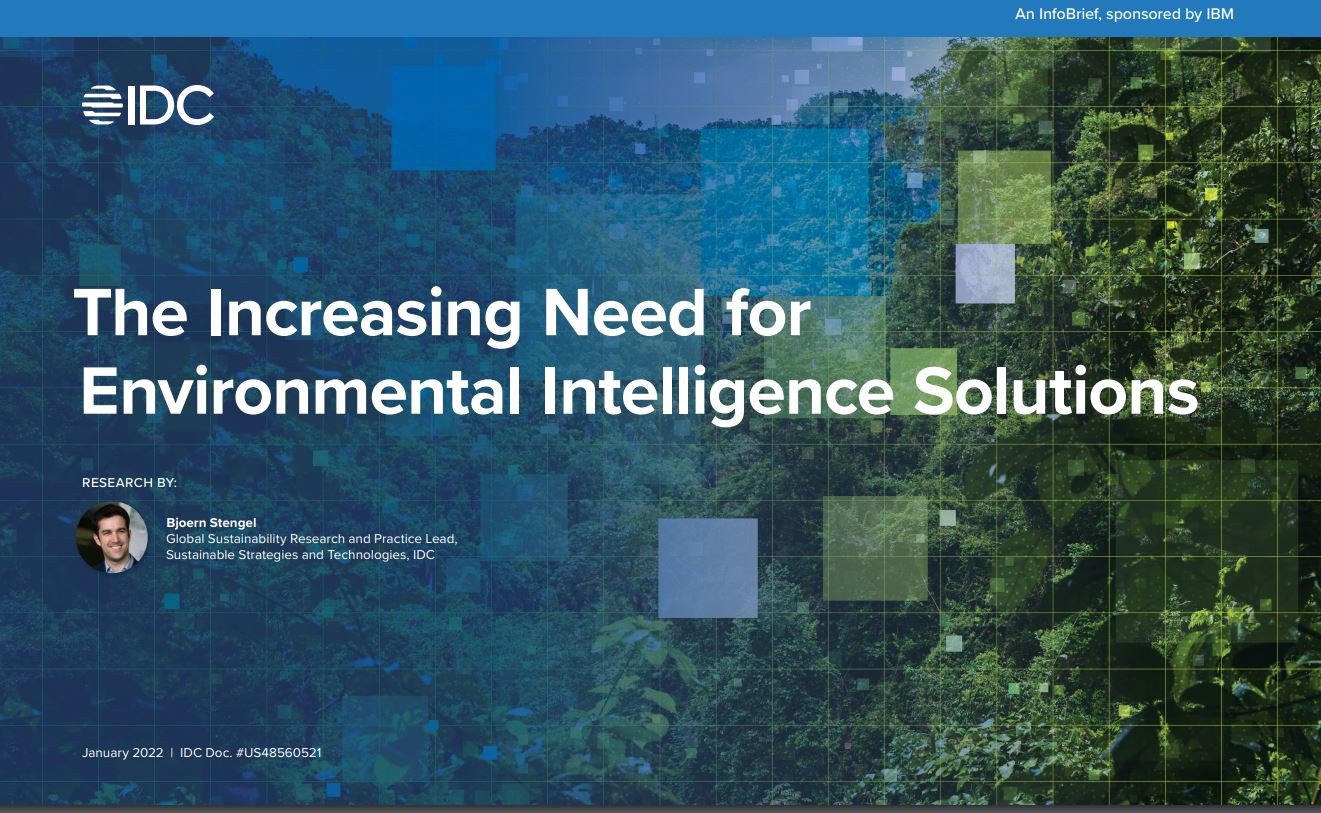 The increasing need for environmental intelligence solutions
The increasing need for environmental intelligence solutionsWhitepaper How sustainability has become a major business priority and is continuing to grow in importance
By ITPro Published